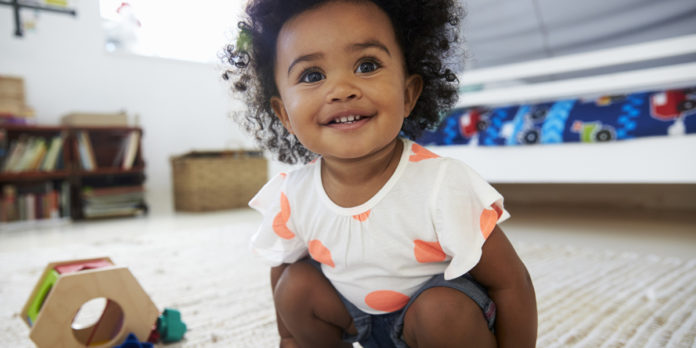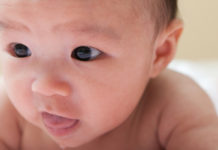In a world-first project, a Murdoch Children’s Research Institute autism specialist will use brain imaging to better understand toddlers who show typical development before losing skills and being diagnosed with autism.
MCRI researchers are running a Loss of Skills project, which seeks to explain why some children develop typically in the first two years of life, but then experience severe and rapid loss of skills, including speech, over just a few weeks.
The Loss of Skills project already uses behavioural assessments, biological samples and genetic testing to make sense of this sudden skill loss, but speech pathologist and MCRI post-doctoral research fellow Veronica Rose will help introduce neuroimaging to the project.
Melbourne-based autism awareness and fundraising charity BioAutism has awarded Dr Rose an Integrative Fellowship, committing $100,000 over three years so that Dr Rose can gain skills in neuroimaging from another research group led by MCRI developmental neuroscientist Dr Marc Seal.
“The tools we use to characterise children with autism – such as behavioural, social and learning skills assessments – are fairly crude instruments and don’t tell us what the brain is doing structurally and functionally,” Dr Rose said.
“These neuroimaging techniques will give us a window into what is actually happening because – particularly for children at the less able end of the spectrum who are not necessarily communicating or following instructions – we need to look for innovative ways to figure out how their brain is functioning.”
More than two per cent of Victorian children up to the age of 11 are diagnosed with autism, with 30 per cent of those said to have lost language and social skills over time. The Loss of Skills project is recruiting children up to age seven who have experienced rapid loss of skills in infancy to toddler years.
“The classic age is in the second year of life, by which time children have established some talking, they’re quite interactive with other people and then fairly quickly over the course of four to six months the child becomes uncommunicative, disengaged and loses language,” Dr Rose said.
“It is shattering for parents to watch and impacts significantly on the child’s neurodevelopment.”
The Loss of Skills project is also being supported by the Financial Markets Foundation for Children and the University of Melbourne’s William Collie Bequest.
The project is part of the MCRI’s Pathways to Autism project that aims to understand the condition by studying groups of children with neurodevelopmental differences to identify patterns that could shed light on other types of autism.
BioAutism chairman Robert Klupacs said he was thrilled to support the institute’s work through the integrative fellowship.
“Our mission is very much to get behind clinical research that can generate more information to improve the lives of people with autism and their carers,” Mr Klupacs said.
(Source: Murdoch Children’s Research Institute)











